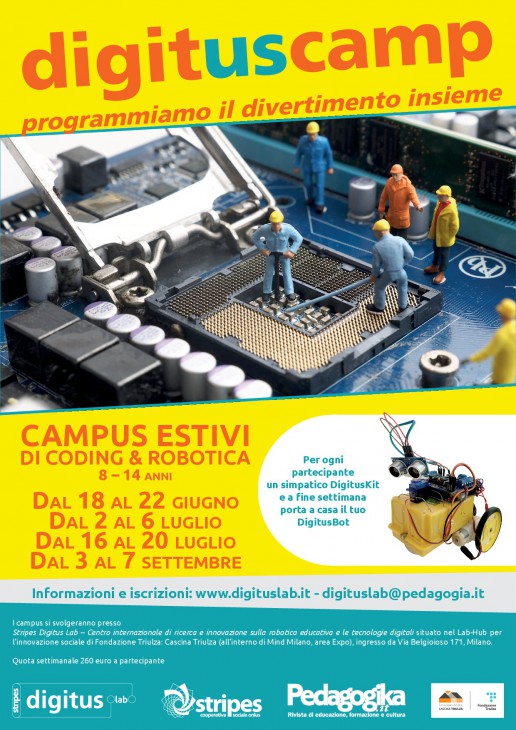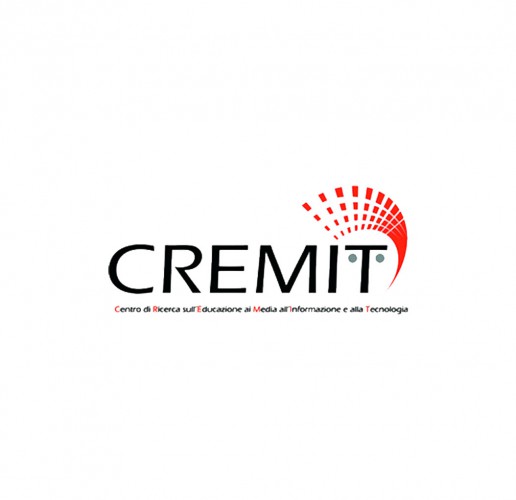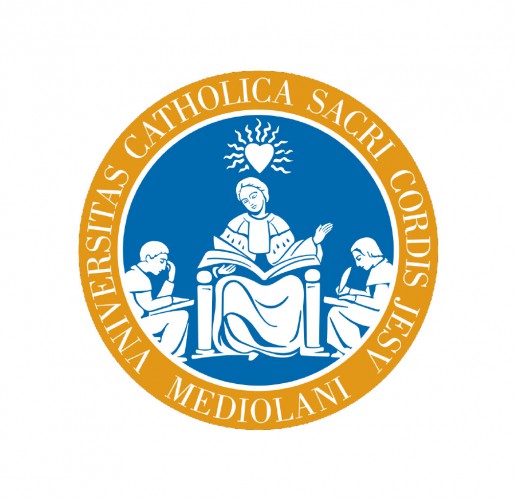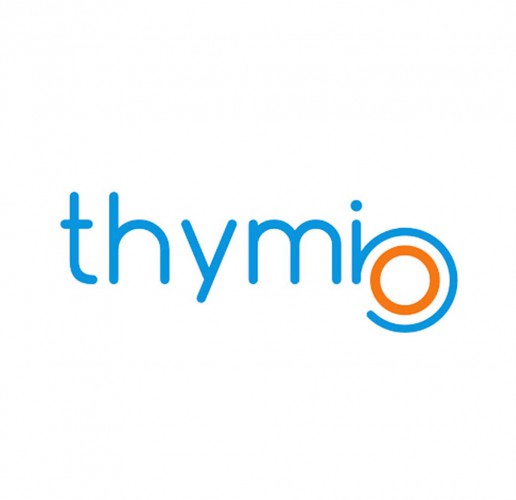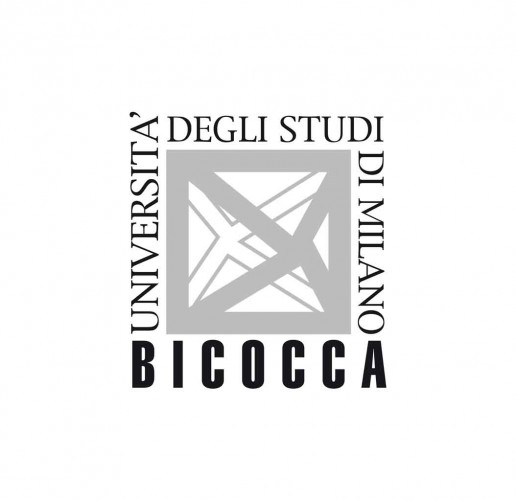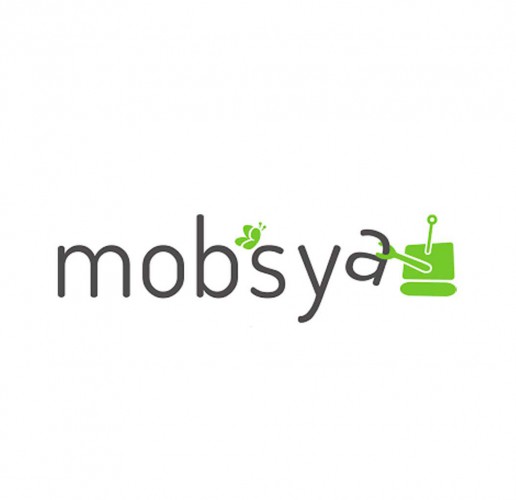DIGITUS CAMP 2018
Programmiamo il divertimento insieme
Campus estivi di Coding & Robotica
8 – 14 anni
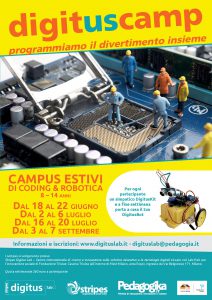
Dal 18 al 22 giugno
Dal 2 al 6 luglio
Dal 16 al 20 luglio
Dal 3 al 7 settembre
Scegli la tua settimana!
Per ogni partecipante un simpatico DigitusKit e
a fine settimana porta a casa il tuo DigitusBot!
I campus si svolgeranno presso
Stripes Digitus Lab
Centro internazionale di ricerca e innovazione
sulla robotica educativa e le tecnologie digitali
situato nel Lab-Hub per l’innovazione sociale
di Fondazione Triulza: Cascina Triulza
(all’interno di Mind Milano, area Expo),
ingresso da Via Belgioioso 171, Milano.
Quota settimanale 260 euro a partecipante
Iscrizioni: digituslab@pedagogia.it
CREMIT
The partnership with CREMIT (Center of Research on Education for Media and Information and Technologies) of the Catholic University of the Sacred Heart of Milan foresees, within the framework of a three-year framework agreement, a research project and the definition of paths training courses that allow the activation of good practices with regards to the pedagogical and didactic use of digital in the 0-6 age bracket. The main idea is not only to use digital media in a purely technological sense, but rather according to a logic of convergence of different aspects typical of the contemporary, first of all the concepts of participation and interactivity, as well as the continuous redefinition of the relationship between formal and informal learning environments. In this perspective, training, methodological and didactic courses will be activated, based on a conscious and articulated use of the opportunities offered by digital media so that they are complementary to the typical practices of the nursery and nursery school, and with reference to the structured skills of the staff educational both on management and organizational practices, and finally as a perspective of integrated communication with families and in general with the outside world.
UNIVERSITA' CATTOLICA DEL SACRO CUORE
The partnership with CREMIT (Center of Research on Education for Media and Information and Technologies) of the Catholic University of the Sacred Heart of Milan foresees, within the framework of a three-year framework agreement, a research project and the definition of paths training courses that allow the activation of good practices with regards to the pedagogical and didactic use of digital in the 0-6 age bracket. The main idea is not only to use digital media in a purely technological sense, but rather according to a logic of convergence of different aspects typical of the contemporary, first of all the concepts of participation and interactivity, as well as the continuous redefinition of the relationship between formal and informal learning environments. In this perspective, training, methodological and didactic courses will be activated, based on a conscious and articulated use of the opportunities offered by digital media so that they are complementary to the typical practices of the nursery and nursery school, and with reference to the structured skills of the staff educational both on management and organizational practices, and finally as a perspective of integrated communication with families and in general with the outside world.
Thymio
The partnership provides for an agreement for training on the Thymio robot in Italy and with particular reference to "school packages
About Us

International Centre for Research and Innovation on Educational Robotics and Digital Technologies
c/o Lab Hub for the social innovation of the Triulza Foundation
MIND Milan – Milan innovation district – Cascina Triulza – Ex Expo Milan site
Digitus Lab is the new international research centre for educational robotics and digital technologies created in Milan by Onlus(Stripes). Stripes has been active for decades in the management of educational and pedagogical services, as well as in research and experimental activities.It works in collaboration with various Italian and European universities, on educational robotics as a tool for learning, creativity, collaboration and social inclusion.
Stripes Digitus Lab was established within the framework of Human Factory, a Triulza Foundation project that promotes collaboration between third sector organisations and the world of scientific and technological research.
Stripes Digitus Lab operates within the Triulza Foundation Lab-Hub for Social Innovation, a network of Third Sector and Civil Economy organisations involved in the creation of the first social innovation park in Italy within MIND – Milan Innovation District (formerly Expo Milano site).
The International Centre for Research on Educational Robotics and Digital Technologies of Stripes Digitus Lab is a centre dedicated to the relationship between technology and education with the following aims:
– research, development and testing of new tools (hardware, software, methodologies) based on new technologies developed by the centre and/or those which already exist on the market;
– the development of technological and specific skills in “digital natives” through innovative methods, experiments and direct learning;
– the development and dissemination of knowledge in the digital and pedagogical fields.
The project is aimed at “digital natives” with a focus on early childhood (0-6 years), school-aged children (6-10 years) and preadolescents (11-14 years).
Many of its activities also include the involvement of secondary school students, teachers, professional educators and parents.
The centre consists of 3 areas:
– an equipped laboratory for research and development;
– a space dedicated to activities for children and families;
– a shop, where selected IT products and materials related to the proposed laboratories will be available for purchase.
Stripes Digitus Lab favours a multidisciplinary approach interconnected, with the focus on following: new technologies, robotics, education, pedagogy and psychology. It uses innovative and functional tools to develop effective educational projects, including: Lego Mindstorm nxt, Thymio, Cubetto, Arduino and Bee-Bot.
It is a place where new technologies and pedagogy are interconnected to the service of children and their development, offering the world of schools and families: spaces, laboratories, experiences and new tools.
Children can experiment, learn and learn to actively use new technologies, through guided tours included in school activities or through experimenting with their families.
Experts and professionals in the digital and psycho-pedagogical field can meet, discuss and work together to develop new ideas, approaches and tools.
What makes Stripes Digitus Lab unique is its educational approach that is characterised by social inclusion and its focus on children and their families.
Istituto Zaccaria dei Padri Barnabiti Milano
Sono stati attivati nell'ambito di un progetto finanziato da Regione Lombardia due corsi di formazione per insegnanti delle scuole primarie e secondarie di primo e secondo grado relativi alla robotica educativa e all'utilizzo delle nuove tecnologie in classe, nello specifico con l'utilizzo del robot Thymio e della scheda Arduino.
Bicocca University of Milan
The partnership with the University of Milan Bicocca provides, within the framework of a five-year framework agreement, a research project for the next three years based on the assumption that the structure of educational robotics activities that teachers and educators propose to students, as well as the methods of conducting that they adopt during the laboratories themselves, depend substantially on the meaning that teachers and educators give to certain key concepts of robotic programming, including those of "robot" and "program". The analysis of these meanings can therefore contribute to the understanding of the strategies that, consciously or unconsciously, teachers and educators follow in their design and management work. The analysis of these strategies is of course essential for questioning about their justification, or to ask themselves how effective they are in relation to the teaching objectives set. Understand the implicit assumptions and background theories about some key concepts of robotics, including those of "robot" and "program" that guide teachers and educators / educators in the design, conduct and evaluation of educational robotics laboratories. Understanding the relationship between these assumptions and implicit background theories and the choices of designing and conducting the teachers / educators / educators involved.
Mobsya
The partnership provides an agreement for training on the Thymio robot in Italy and with particular reference to "school packages"

